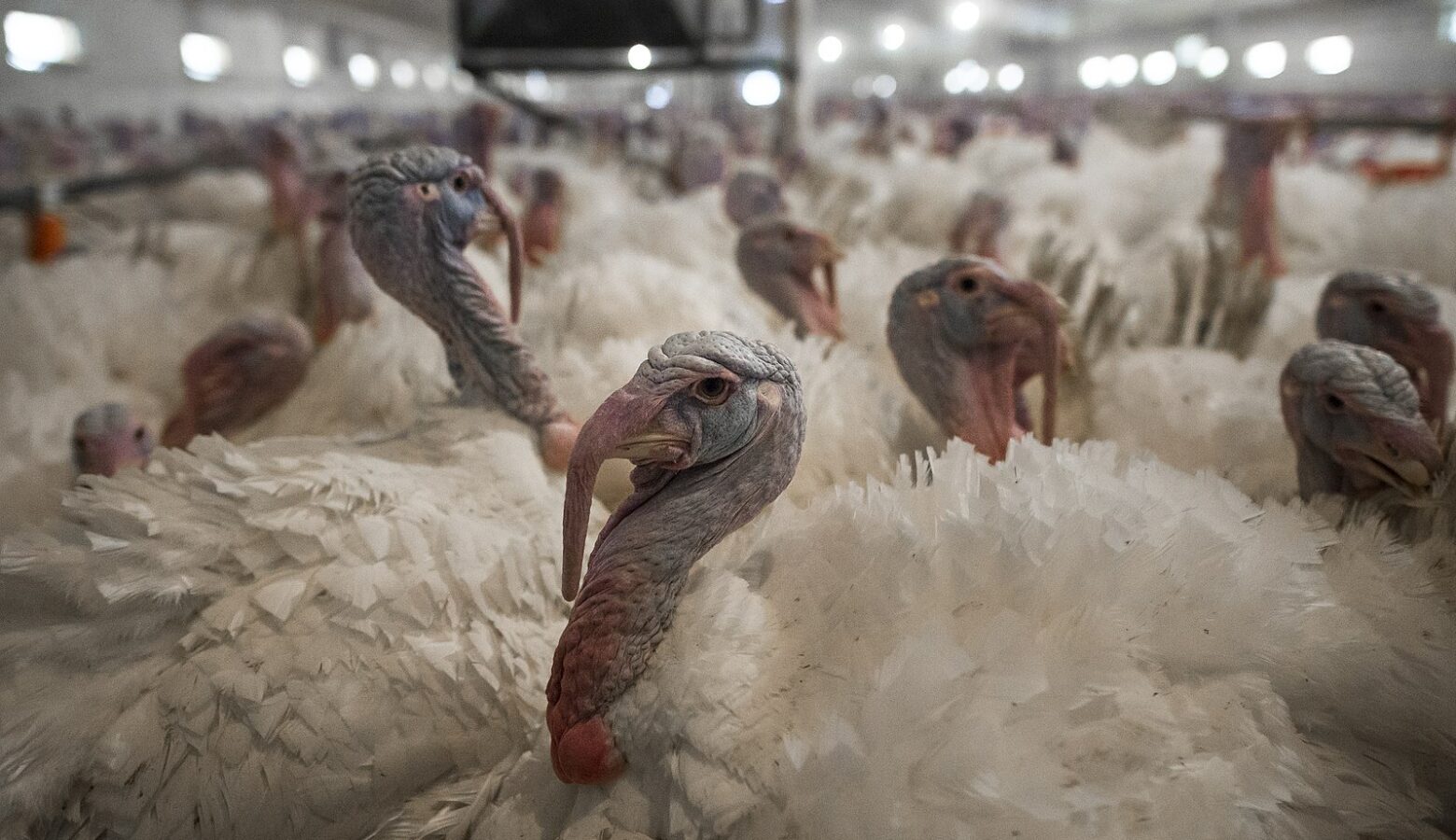State officials are euthanizing thousands of turkeys at four southern Indiana farms in an effort to stop the spread of avian flu.
The flu was found at farms in Dubois and Green Counties.
Officials say once the virus has been detected, a farm’s entire bird population has to be euthanized because there is no cure.
Denise Derrer-Spears is with the Indiana State Board of Animal Health. She said so far, 119,000 birds have been put down.
“One of the typical signs of highly pathogenic avian flu is the birds will just die with no explanation,” she said. “You’ll see, they may come out to the barn and just see that a large number of birds died overnight.”
Avian flu primarily spreads from the feces of infected migratory birds, such as geese.
“There’s something about migratory waterfowl that they can be infected, but they don’t appear unhealthy and they can fly around and spread the virus,” she said. “The environment can be contaminated by their bird droppings, and so if you get someone walking across the driveway and then walks into a barn without changing their shoes or doing some cleaning and disinfection, you can see how it can be introduced into that environment.”
Derrer-Spears said Indiana is the third-largest turkey-producing state in the country, and the outbreak could have big implications for other farms – and even trade – if it continues to spread.
Indiana’s last commercial poultry flu outbreak was in 2016, impacting 11 farms and requiring the euthanization of over 400,000 birds.
“We’re hoping we don’t go that far this year,” Derrer-Spears said.

